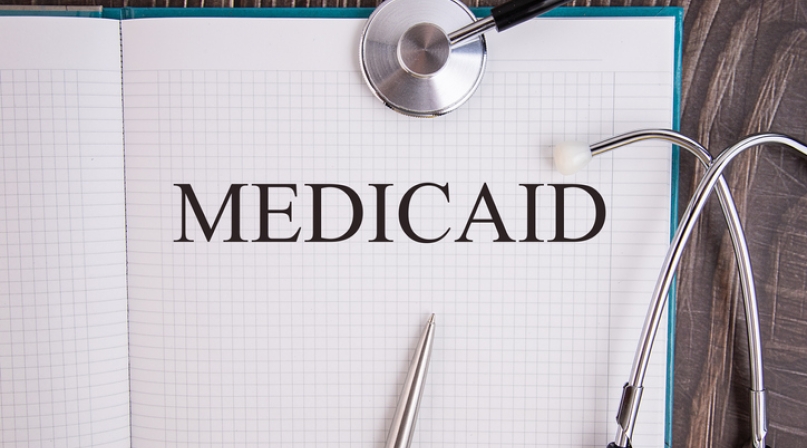CMS awards new funding to support rural health care and mobile crisis intervention in September
Author

Blaire Bryant
Upcoming Events
Related News

Key Takeaways
On September 20, the Centers for Medicare and Medicaid Services (CMS) announced it was awarding new funding to support rural health care access and innovation and the expansion of mobile crisis intervention services. As frontline providers of health and mental health services, these funding opportunities are of great of significance to counties.
New Mobile Crisis Intervention Funding: CMS awarded $15 million in planning grants to 20 states to assist them with integrating community-based mobile crisis intervention services into their Medicaid programs. Specifically, the grant funding, which was authorized under the American Rescue Plan Act of 2021, will be used to conduct community assessments and develop programs that provide services to individuals experiencing crises related to substance use or a mental health disorder. States that receive planning grants may submit a state plan amendment, Section 1115 Demonstration Application, or other waiver requests to provide these services under their Medicaid program.
Crisis intervention services are a critical tool to reducing the number of individuals with behavioral and mental disorders in the justice system while also increasing the availability of services in local communities, and Medicaid provides a sustainable mechanism for this type of care delivery. While counties are not direct recipients of the CMS planning grants, county health, behavioral health and justice entities can participate in crisis intervention service partnerships that are Medicaid funded. Click here to view the list of award recipients.
Community Health Access and Rural Transformation (CHART): CMS awarded cooperative agreement funding to health care entities in four states – Alabama, South Dakota, Texas and Washington – that participate in the CHART Medicaid Innovation Model. Developed in 2020, the CHART model aims to address disparities in health care service access and lagging technological and care-delivery innovations in rural communities, which have led to poor health outcomes for individuals, especially during the ongoing COVID-19 pandemic. Under the CHART Model, the Community Transformation Track provides direct funding to rural communities for these efforts. Beyond direct funding, the Track also provides operational and regulatory flexibilities for recipients that include the expansion of telehealth across a variety of health care facilities, incentives for chronic disease management programs and expansion of home visiting services.
Although counties are not eligible to receive direct funding, grants are awarded to 15 single-entity organizations that must represent at least one federally designated rural county. These entities may include state Medicaid agencies, State Offices of Rural Health, local public health departments, Independent Practice Associations and Academic Medical Centers.
The use of federal Medicaid dollars for the expansion of services and health care innovation is important to counties, as both administrators of Medicaid-eligible services and an integral part of the federal-state-local partnership for the program. For more information on the mobile crisis intervention planning grant program, click here. For more information on the CHART innovation model, click here.
Additional Resources
- Medicaid and Counties: Understanding the Program and Why It Matters to Counties (NACo Report)
- Joint Report: Certified Community Behavioral Health Clinics and County Governments (NACo and the National Council for Mental Wellbeing)
Resource
Medicaid and Counties: Understanding the Program and Why It Matters to Counties

Related News

NACo offers new Medicaid resources as Congress advances Budget Resolutions with major Medicaid reform implications
On April 10, the U.S. House of Representatives voted to adopt a Senate-passed budget resolution, marking the next step in the budget reconciliation process. The proposed funding levels therein represent significant potential cost shifts to counties, particularly in the area of Medicaid financing. To help county leaders understand what’s at stake, NACo has developed two new resources.

County Countdown – April 21, 2025
Every other week, NACo's County Countdown reviews top federal policy advocacy items with an eye towards counties and the intergovernmental partnership. This week features the ARPA reporting deadline, a budget reconciliation update and more

U.S. House reintroduces legislation to address the Medicaid Inmate Exclusion Policy
Two bipartisan bills aimed at addressing the Medicaid Inmate Exclusion Policy (MIEP) were recently reintroduced in the U.S. House of Representatives.